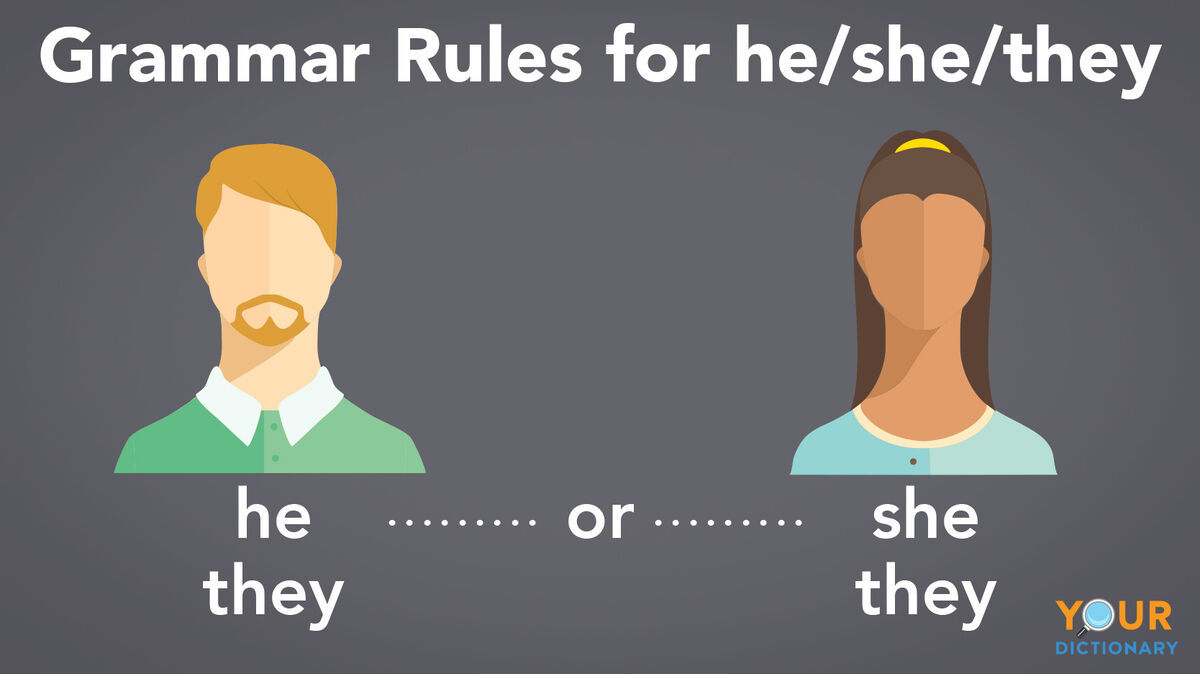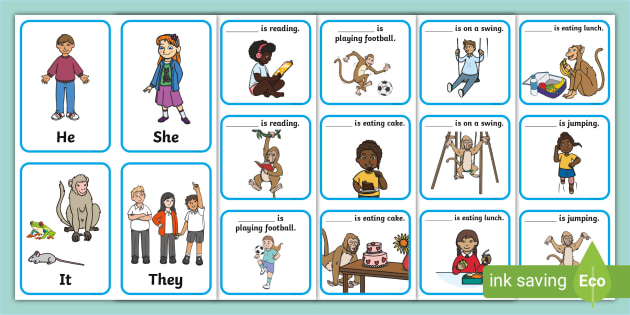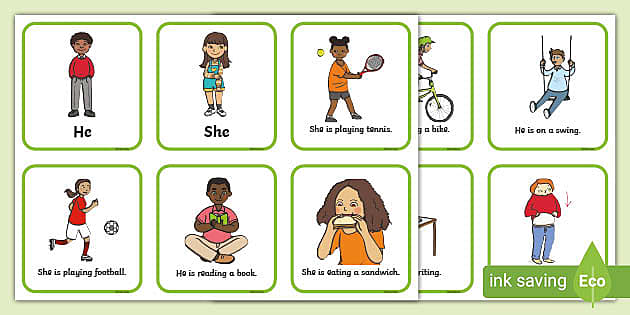There are some phrases that just stick with you, aren't there? Something about them feels so simple, yet they carry a whole lot of weight. When you hear someone say, "he's a good man, Savannah," it's not just a string of words. It's a statement, a feeling, a little bit of a judgment, and a whole lot of meaning packed into a few sounds. It makes you pause, perhaps, and wonder about the person being spoken of, and maybe even the person doing the speaking.
This kind of statement, you know, it often sparks a thought about how we use language to describe people. We're always trying to capture the essence of someone, aren't we? And the words we pick, the way we put them together, they shape how others see that person. It's a fascinating thing, really, how a simple declaration can paint such a picture. We are going to take a closer look at how the very fabric of our daily chatter influences how we perceive and present someone's character, especially when it comes to a statement like "he's a good man, Savannah."
So, what makes a man "good," anyway? And how does the way we talk about him, even down to the smallest grammatical choice, influence that perception? It's a conversation worth having, particularly when we think about how language is always shifting and changing, and how those subtle shifts can affect even the most straightforward messages. We'll explore some common ways language works, or sometimes trips us up, as we try to convey something as significant as someone's fundamental decency.
Table of Contents
- Who is the Good Man? A Look at Arthur's Story
- How Do Pronouns Shape the Story of "He's a Good Man, Savannah"?
- Why Does Being Clear Matter When We Talk About "He's a Good Man, Savannah"?
- What About Those Unexpected Word Choices in "He's a Good Man, Savannah"?
- Does the Future Change How We See "He's a Good Man, Savannah"?
- What Do We Mean by "Yet" in the Context of "He's a Good Man, Savannah"?
- When Is It "He" or "It Is Him" for "He's a Good Man, Savannah"?
- How Do Words Travel and Change, Just Like "He's a Good Man, Savannah"?
Who is the Good Man? A Look at Arthur's Story
When someone says, "he's a good man, Savannah," we often picture someone, don't we? This isn't about a specific person, but rather the idea of someone who embodies certain positive traits. Let's imagine, for a moment, a person who might inspire such a statement. We'll call him Arthur. This helps us think about the qualities that make up "a good man" and how our language tries to capture those qualities. It's almost like building a picture with words, where every detail, even the smallest one, adds to the overall impression.
Arthur's Hypothetical Bio Data
Here's a little bit about our imagined "good man," Arthur, just to give us a frame for our thoughts on language and character. It's rather interesting, you know, how much we infer from just a few pieces of information.
| Name | Arthur Finch |
| Age | Around 50 |
| Occupation | Community Organizer and Mentor |
| Defining Trait | Known for quiet acts of support and genuine care for others. |
| Key Philosophy | Believes in helping people find their own path. |
Arthur, in this sense, represents the kind of individual about whom someone might truly say, "he's a good man, Savannah." His story, even if made up, helps us consider how the way we phrase things affects the weight of such a compliment. It’s a bit like trying to capture sunshine in a jar; you want to convey the warmth and light, and the words you pick are your tools.
How Do Pronouns Shape the Story of "He's a Good Man, Savannah"?
Think about the difference between saying, "It was he who messed up everything," and "It was him who messed up everything." They both point to the same person, sure, but there's a subtle feel to each, isn't there? One sounds a little more formal, perhaps a bit more deliberate in its choice. The other, "It was him," tends to flow more naturally in everyday conversation. This shows us how even small words like "he" and "him" can change the sound and feel of a sentence. When we're talking about someone like Arthur, and we want to convey that "he's a good man, Savannah," the choice of words, even pronouns, can influence how that statement lands. It's almost as if the very sound of the words contributes to the overall impression.
So, when we're trying to say something important about someone's character, like "he's a good man," the way we structure our sentence matters. Is it "he" who is the subject of this goodness, or is it "him" that we're talking about as an object of our observation? It's a tiny distinction, but it can make a sentence feel more direct or a little more casual. For instance, if you were to say, "The one who helped us, it was he," it might sound a touch more formal than "The one who helped us, it was him." Both are clear, but one has a certain ring to it, a bit more like a carefully chosen declaration.
This matters because when we want to truly convey that "he's a good man, Savannah," we want the message to be heard clearly and with the right tone. Sometimes, a more formal choice can add weight, while a more conversational one can make it feel more personal and heartfelt. It really just depends on what you are trying to get across. The subtle shifts in our language, especially with these small but mighty words, are pretty interesting, don't you think?
Why Does Being Clear Matter When We Talk About "He's a Good Man, Savannah"?
Sometimes, we add words that aren't really needed, making our sentences a bit longer than they have to be. For example, saying "where is she/he?" is much more straightforward than adding extra, unnecessary words. This idea of being concise, or getting straight to the point, is really quite important when you're trying to convey something meaningful. When you say "he's a good man, Savannah," you want that message to be direct and impactful, without any extra fluff. It’s a bit like making a strong, clear declaration.
The goal is to deliver the message without any detours. If you're trying to let Savannah know about someone's good character, you want the words to hit home without any confusion. Imagine trying to describe Arthur's kindness, and you use too many roundabout phrases; the core message might get lost. So, being clear and to the point helps the listener really grasp the essence of what you're saying about "he's a good man, Savannah." It's about making every word count, so the message shines through.
This kind of directness, in a way, shows confidence in your statement. There's no need to beat around the bush when you're sure about someone's positive qualities. It just means that the clarity of your words can make the compliment feel even more genuine and strong. So, keeping things simple and clear is often the best way to go when sharing something important, like the fact that "he's a good man, Savannah." It really helps the message land well.
What About Those Unexpected Word Choices in "He's a Good Man, Savannah"?
We often hear people say things like, "he doesn't eat meat," which is pretty standard. But then, sometimes, especially in movies or casual conversations, you might catch someone saying, "he don't." It's a little different, isn't it? This shows how language, particularly spoken language, can have variations that aren't always what you'd learn in a textbook. When you're trying to express that "he's a good man, Savannah," the words you choose, and even the slight variations in how you say them, can tell a story about the speaker and the context. It's like there are different ways to express the same basic idea.
These kinds of shifts in how we speak are pretty common, actually. They often reflect regional differences or simply a more relaxed way of talking. If someone says "he don't" when talking about Arthur, it might make the statement about him being "a good man" feel more informal, more personal, perhaps even more authentic to that speaker's style. It's not about being "right" or "wrong" in a strict sense, but rather about how these variations shape the tone and reception of the message. The way we talk, you know, it often reflects who we are and where we come from.
So, when you hear "he's a good man, Savannah," the specific phrasing, even down to a small grammatical choice, can add layers to the meaning. It could be that the person speaking is just using their everyday language, or it might be a deliberate choice to sound more approachable. It really just shows how flexible language can be, and how these little differences can influence how we hear and interpret things. It's fascinating, in a way, to see how these small choices add up.
Does the Future Change How We See "He's a Good Man, Savannah"?
Consider the difference between asking, "What would you do if we found life on Mars?" and "What will you do if we find life on Mars?" One uses "would," which talks about a hypothetical situation, something that might happen. The other uses "will," which sounds more certain, like it's a real possibility or even a plan. This distinction between "would" and "will" is pretty important when we think about how we talk about someone's character, especially when saying "he's a good man, Savannah." It's about whether we're talking about consistent behavior or something that might be true under certain conditions.
If you say Arthur "would" always help someone in need, you're talking about his general nature, his tendency to be good. But if you say he "will" help, it sounds like a promise or a certainty about a specific future action. This shows how our choice of words can subtly shift the meaning of a statement about someone's character. When you declare "he's a good man, Savannah," are you talking about his consistent, inherent goodness, or are you making a prediction about his future actions? It's a bit like looking at someone's character through different lenses.
The way we frame things, whether hypothetically or as a definite fact, really does shape how the message is received. It just goes to show that even when talking about something as simple as someone being "a good man," the words we pick can add layers of nuance. It's a subtle thing, but it's there, influencing how we perceive the person being described. So, thinking about "would" versus "will" can help us be more precise in our descriptions.
What Do We Mean by "Yet" in the Context of "He's a Good Man, Savannah"?
When you hear something like, "He hasn't found out the secret yet," that little word "yet" changes everything, doesn't it? It suggests that something is ongoing, that there's more to come, or that a discovery is still possible. It implies a passage of time and an expectation. This idea of "yet" can be pretty interesting when we think about what it means for someone to be "a good man, Savannah." Is someone always good, or are they still becoming good?
If we were to say, "Arthur hasn't shown his true kindness yet," it implies there's more to discover about him. It suggests that his goodness might be developing, or that certain aspects of his character are still hidden. This is quite different from a simple declaration of "he's a good man," which implies a current, established state. The presence or absence of words like "yet" can really influence how we perceive someone's character as fixed or evolving. It's a bit like an open-ended question about someone's journey.
So, when we consider a phrase like "he's a good man, Savannah," thinking about the implications of words like "yet" helps us appreciate the ongoing nature of character. It means that even a "good man" might still be growing, learning, and revealing new facets of himself. It really just adds a deeper dimension to how we understand people and their journeys. These small words, you know, they carry a surprising amount of meaning.
When Is It "He" or "It Is Him" for "He's a Good Man, Savannah"?
This brings us back to the question of "it is he" versus "it is him." Grammatically speaking, after a linking verb like "is," the traditional rule says you should use the subject form, so "it is he." However, in everyday conversation, "it is him" is incredibly common and sounds perfectly natural to most people. When you're trying to state definitively that "he's a good man, Savannah," does the choice between "it is he" or "it is him" make a difference? It's a bit of a classic language debate, isn't it?
For example, if someone asks, "Who is the good man?" and you reply, "It is he," it might sound a little formal, almost like something from an older book. But if you say, "It is him," it feels more relaxed and conversational. Both get the message across that Arthur is the one you're talking about, the one who is "a good man." The choice really just comes down to the tone you want to set and how natural you want to sound in the moment. It shows how language has these layers of formality and informality.
So, when we're talking about something as personal as someone's character, like saying "he's a good man, Savannah," the way we choose our words, even in these small grammatical points, reflects our style. It's not about strict correctness as much as it is about effective communication and connecting with your listener. It really just shows how adaptable our language can be. We are always picking and choosing words to fit the moment.
How Do Words Travel and Change, Just Like "He's a Good Man, Savannah"?
Think about the word "hello." It used to be considered an "Americanism," a word mostly used in the United States. But now, it's pretty much as common as "hullo" even in Britain. This shows how words and phrases travel across different places and how their acceptance changes over time. This idea of language evolving is really quite relevant when we think about a statement like "he's a good man, Savannah." The meaning and impact of such a phrase can also shift depending on who is saying it, where they are, and what their community understands.
A phrase that sounds perfectly normal and heartfelt in one place might be interpreted a little differently somewhere else. It's not that the core meaning of "good man" changes, but the way it's received or the subtle nuances attached to it might. This is why understanding the context is so important when we hear or use such phrases. It’s a bit like a living thing, always adapting and changing its shape. It means that words have a life of their own, really.
Even someone like David Attenborough, who many would consider a master of the English language, might use a phrase that sparks discussion. He once said, "he wrote [...] in a letter to Charles Bonnet, whom he," which some might pause over, preferring "who" instead of "whom" in certain contexts. This just goes to show that even the most respected speakers sometimes use language in ways that are fluid and conversational, rather than rigidly formal. So, when we say "he's a good man, Savannah," we are part of this ongoing, ever-shifting conversation of language. It's pretty cool how language keeps moving and changing, isn't it?



